“Fragrant as the scent of ripe rice/Sweet as the water in the village well”.
In ancient times, when life was poor and backward, without modern means, people did not have tap water like today, most families used well water because underground water was clearer and cleaner than pond water, river water, or spring water. Since then, well water has been like a mother's cool milk, feeding her children from generation to generation. For Vietnamese people, the village well is a very familiar image, close to every home, especially in the countryside. Therefore, along with the banyan tree, the ferry, the communal house yard..., the village well has not only become a symbol associated with village culture but also a sacred image imprinted in the memories of many people: "Far from home, I miss my mother and father/I miss the well at the village intersection/I miss the person who sang the folk song/On the deserted river filled with moonlight".
 |
| My village well. |
My family used to live in a rural area far from the city, where at the beginning of the village there was a well full of water all year round for all families to use together. I don't know when that well was built, but I only know that when I was very young, I used to run after my mother to fetch water. The village well became a very familiar place for me. As I grew up, like many others, the village well became more and more memorable for me. I knew by heart the large and small stones arranged in circles around the well - the stones were curved, mossy green because they had been soaked in water for a long time; I knew by heart the small paths from the well leading to the hamlets.
The village well is where people come to get water every day, some people meet, often linger, say hello and exchange small stories. On plowing days or during the rice harvest, when the sun sets, the well is often crowded. Especially, on Tet holiday, before New Year's Eve, the village well is often very busy, because in my hometown, people believe that at that moment, the water flowing into the well is very pure, so every family wants to get some to make tea to offer to their ancestors in the sacred moment when the new year begins with the hope of receiving peace.
For us kids, many summer afternoons, we would play around bare-backed, running around the neighborhood, sometimes playing soldiers in battle, sometimes pulling each other to look for crickets, and then gathering by the well, competing to scoop buckets of cool water to pour over ourselves amidst cheers and shouts, while on the canopy of a nearby tree, the sound of flocks of pigeons playing with each other made chirping sounds.
I remember, when I was a child, in my hometown, few families could afford a tin or plastic bucket. To draw water from the well, many families had to use a bucket. This type of bucket was made from a piece of areca leaf, bent at both ends, sewn together with small rattan, then tied tightly to a wooden bar in the middle, both to keep the bucket rigid and to have a place to tie the rope, and then lower the bucket into the well. Although this type of bucket could draw a little water, it was light, and we kids loved to use it. Once, I saw Phuc, a neighbor, pick up a large dried areca leaf from somewhere, so I exchanged it for a fighting cricket. Phuc was delighted and agreed immediately, and so after that time, my family had a new bucket that my sister loved every time she carried water.
Associated with the well in my village is a story similar to a legend. It is said that one night, the village's ancestor dreamed of a white-haired and bearded old man holding a willow branch and showing him where to dig the well. It is said that the water leading to the well passes through the jaw of a dragon hiding underground, so the water in the well is very sweet and clear all year round. I don't know if the above story is true, but the water in my village's well is very clear and sweet. The above story is sometimes told by the elders whenever there is an opportunity, probably for their children and grandchildren to hear, thereby raising awareness to keep the well clean.
Poet Te Hanh once wrote a poem with emotional lines about the village well in his hometown: “The well at the beginning of my village/Under the green coconut grove spreading its soft shade/You carry water with your smooth shoulders/The shoulder pole is curved and flexible/The well at the beginning of my village/On a clear summer afternoon/You scoop up and hand me a bucket of cool water/The water surface blends with our shadows/The well at the beginning of my village for the villagers/The water is as clear as filtered, delicious/A place where we meet every day/Talk about business and village stories/The well at the beginning of my village for people from all over/Wiping sweat off my sweat and stopping by the roadside/Taking a sip of water in my hat/Feeling the love of my homeland...”. Like what poet Te Hanh said, the well in my village is not only used by villagers and neighbors, but when I was young, many times I saw visitors from afar, passing by, stopping by the well, borrowing the bucket to quench their thirst and cool their hands and feet, regaining strength to continue their journey. The village well was also a dating place for young couples. Many of them became husbands and wives. There was one story that I will never forget. In the upper hamlet, not far from my house, there was a man named Ba Thai, a handsome young man who was also good at farming. Ba Thai loved Ngoc, my uncle's daughter. Because he was afraid that his uncle would scold him, every time he wanted to meet Ngoc, he asked me to tell her so that Ngoc could use the excuse of going to fetch water to go to the well to meet him. At that time, I was only 10 years old, and I really liked Ba and Ngoc so I ran back and forth many times without hesitation. Unfortunately, their love story did not come to fruition because in 1965, a year after the Dong Khoi movement in my hometown, the US sent troops to the South. At the call of the revolutionary government, Ba Thai and many other young men enlisted in the army and were assigned to a main force unit of the province. Many times when she went to fetch water and met me at the village well, Ngoc always mentioned Ba Thai. But the person Ngoc loved and waited for did not return. Ba Thai was killed in a fierce battle with the American troops when they invaded the war zone...
Maybe in many places, nowadays, with tap water, people no longer keep the village wells, but in my hometown, they still exist. The simple village well with its green stones soaked in water for a long time, like a witness, reminds me of so many things about a bygone era, every time I return to visit my hometown...
TRAN NINH THO
Source: https://baokhanhhoa.vn/van-hoa/nhung-vung-ky-uc/202408/cai-gieng-lang-toi-8bd6d9c/


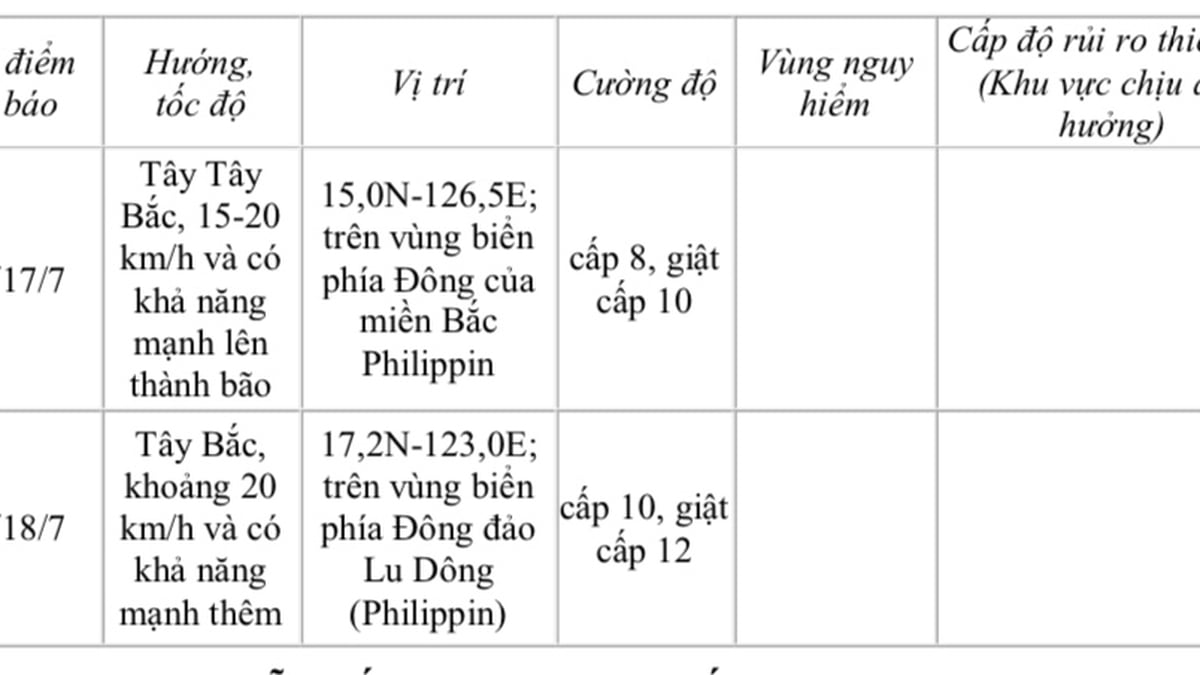
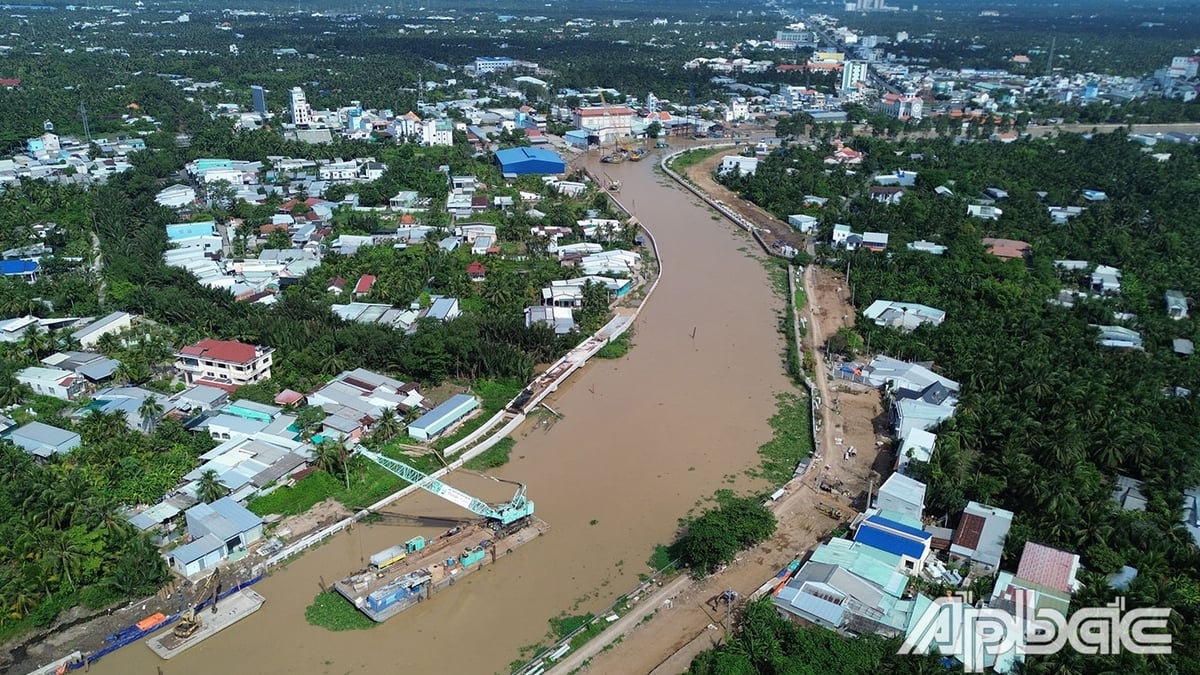
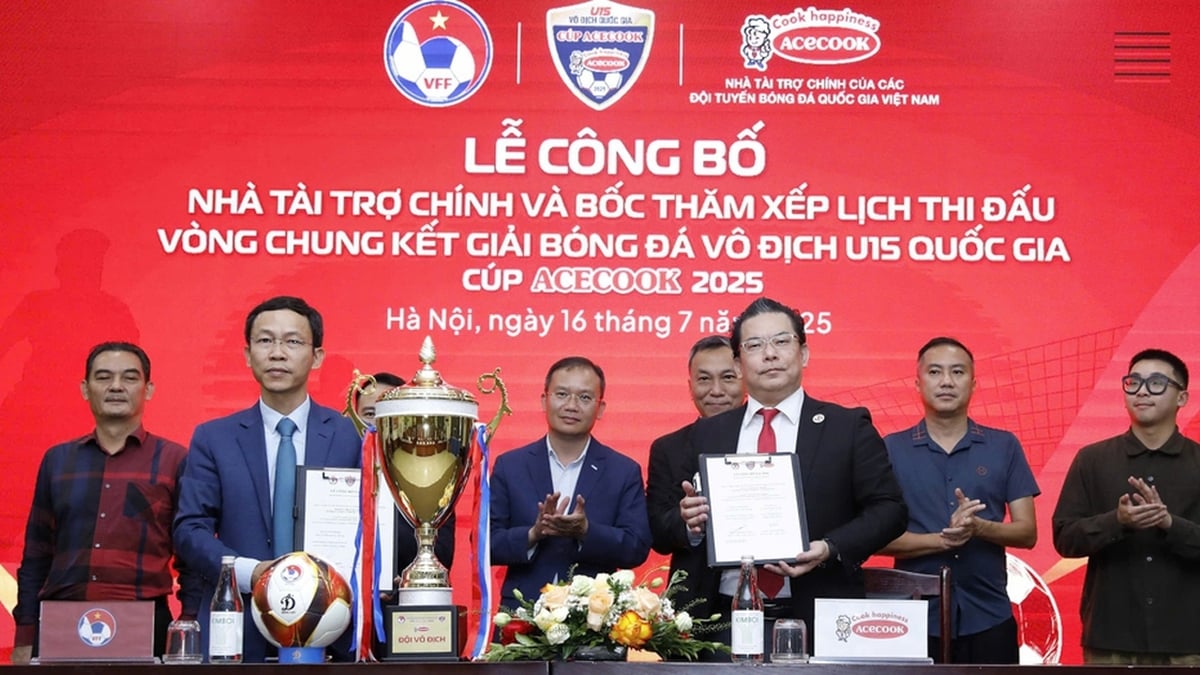


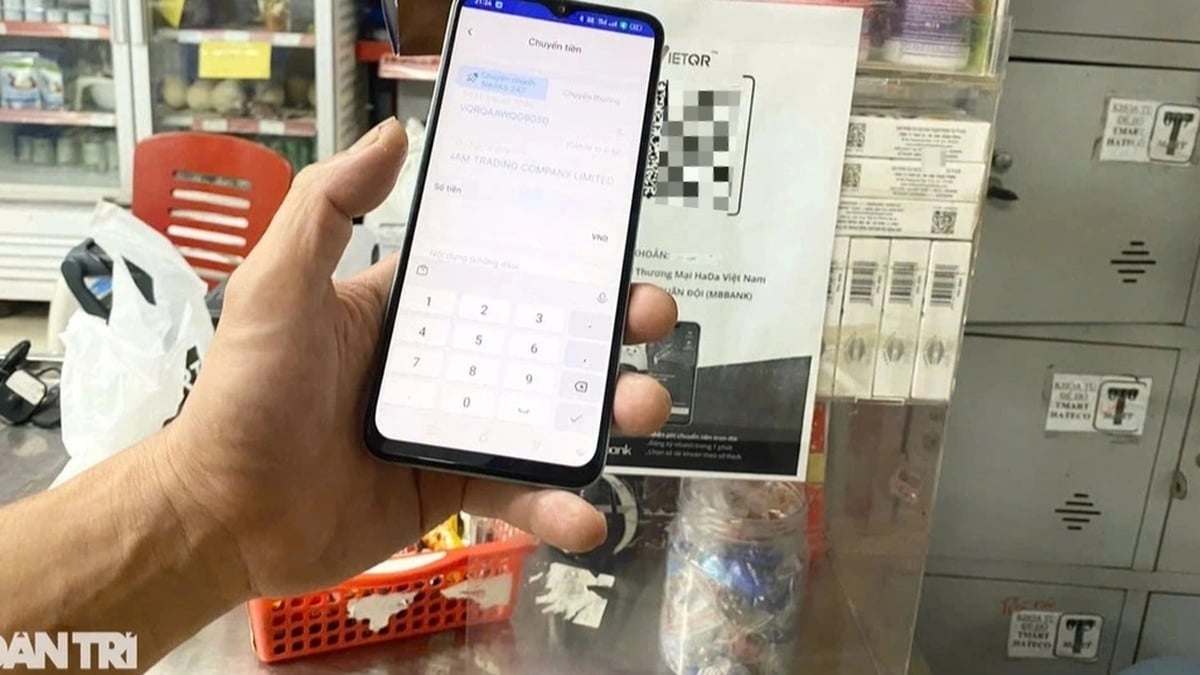

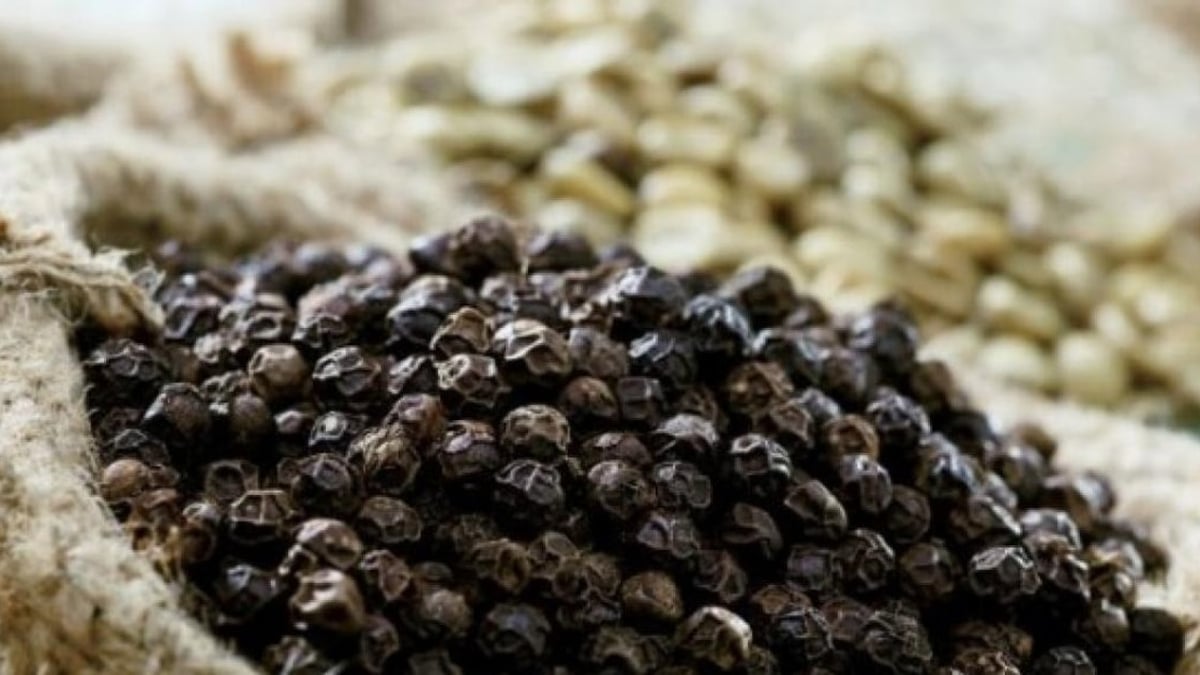
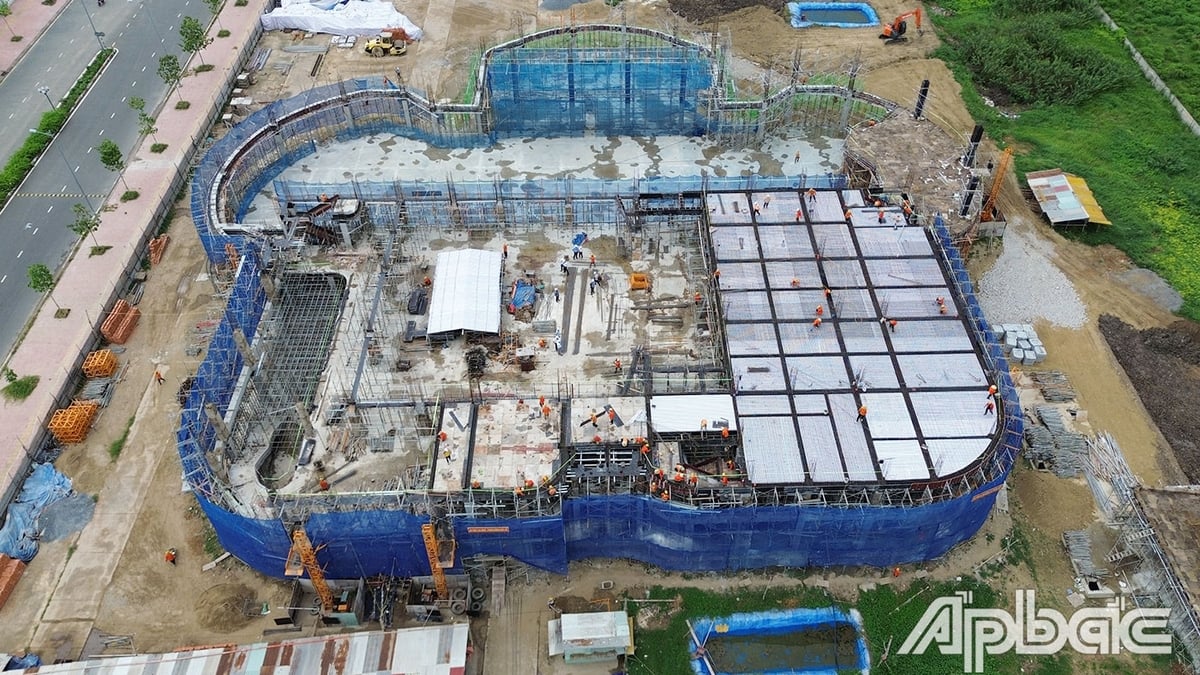









































![[Maritime News] More than 80% of global container shipping capacity is in the hands of MSC and major shipping alliances](https://vphoto.vietnam.vn/thumb/402x226/vietnam/resource/IMAGE/2025/7/16/6b4d586c984b4cbf8c5680352b9eaeb0)












































Comment (0)